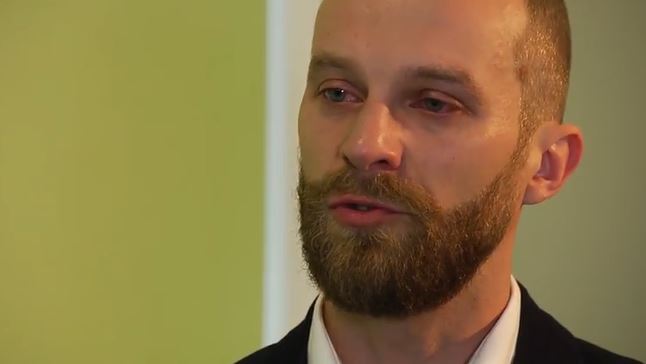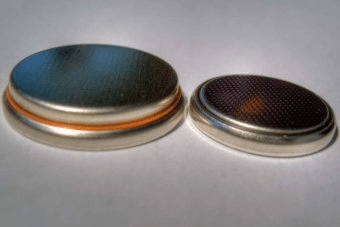A Dad Shares a Heartbreaking Warning About Button Batteries After His Daughter Swallowed One And Lost Her Life
Parents know the dangers of button batteries, but what they may not know is how commonly they are used in everyday items. While the batteries are useful for many devices, they can be proven fatal for children who swallow them.
George Asan lost his 2-year-old daughter Francesca after she swallowed a small button battery in May 2016.
The toddler didn’t choke on the battery or die from lack of oxygen. Instead, the battery started to corrode inside Francesca’s body and caused internal bleeding.
George has spoken out in a video, in the hope it prevents another toddler from the same fate.
“It is very hard for me to talk about losing Francesca. I feel guilty. Unfortunately, we didn’t see anything wrong, no signs,” George said in a clip made with Child Accident Prevention Trust to warn other parents.
“We found that it was a button battery and straight away I went to the cabinet and we had the 3D glasses for the TV. It was one of the spare batteries, in the original box of the glasses, which was in another box.”
In the US, according to Children’s Hospital of Philadelphia, 3,400 children swallowed button batteries in 2010.
Symptoms can include, sudden crying, drooling, decreased eating or drinking, hoarse voice, chest or abdominal pain, trouble swallowing, vomiting, and blood in saliva and stool.
If a parent thinks their child has swallowed a button battery, they must seek medical assistance immediately. Even if there are no signs of choking or signs of distress.
“If a button battery, particularly a lithium button battery, gets stuck in the throat or gullet, energy from the battery can react with saliva to make the body create caustic soda. This is the same chemical used to unblock drains,” the CAPT website says. “This can burn a hole through the throat and can lead to serious internal bleeding and death. The reaction can happen in as little as two hours.”
Parents must be vigilant with spare button batteries, making sure they are stored out of children’s reach.
George hopes his experience can raise awareness on how dangerous these button batteries are and how commonly they are used in items around the home.
If you believe your child has swallowed a button battery, seek immediate medical help by heading to the hospital emergency centre.
Bring the packaging of the button battery so doctors can identify what type of battery has been swallowed.
Don’t let your child eat, drink or try and throw the battery up.
Don’t wait to see if symptoms will develop. By then, the damage could be fatal.











